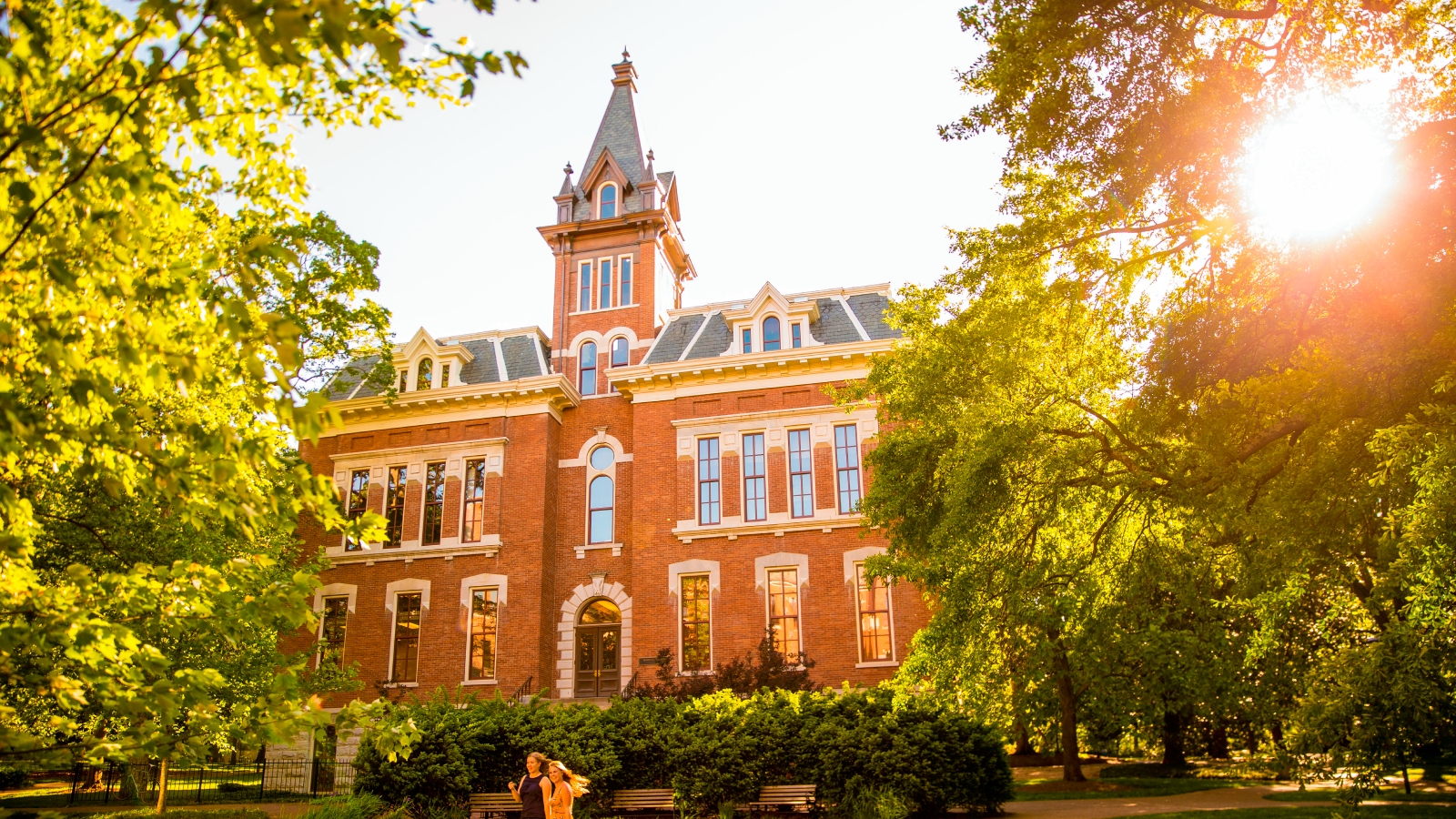The American Academy of Arts and Sciences announced the election of four Vanderbilt University and Vanderbilt University Medical Center faculty among its 2023 cohort of 270 new members. They are:
- María Magdalena Campos-Pons, Cornelius Vanderbilt Professor of Art
- Major Jackson, Gertrude Conaway Vanderbilt Professor of English
- Dr. Kimryn Rathmell, Hugh J. Morgan Professor of Medicine and chair of the Department of Medicine
- Keivan Stassun, Stevenson Professor of Physics and professor of astronomy, computer science and management, director of the Frist Center for Autism and Innovation
The academy is an honorary society that recognizes and celebrates the excellence of its members and an independent research center convening leaders from across disciplines, professions and perspectives to address significant challenges. Vanderbilt counts 15 current fellows, including six emeriti, as current academy members. The four newly elected members, the highest number of elected faculty in a single year in Vanderbilt history, will be formally inducted into the academy on Sept. 30 during a ceremony in Cambridge, Massachusetts.
“It is a great honor for Vanderbilt to be represented in the American Academy of Arts and Sciences by Professors Campos-Pons, Jackson, Rathmell and Stassun—and we heartily congratulate them on this well-deserved recognition,” Chancellor Daniel Diermeier said. “Together, they demonstrate the exceptional caliber of scholarship across disciplines at Vanderbilt and VUMC. We are proud to celebrate this moment with them, and we look forward to their work in the years ahead.”
“With the election of these members, the Academy is honoring excellence, innovation and leadership and recognizing a broad array of stellar accomplishments. We hope every new member celebrates this achievement and joins our work advancing the common good,” academy president David W. Oxtoby said in a release.
María Magdalena Campos-Pons, Cornelius Vanderbilt Professor of Art
Using diverse media, Campos-Pons creates autobiographical artworks that explore themes of history, memory, gender, religion and identity. She gained international recognition as an exponent of the New Cuban Art movement in the late 1980s while teaching at the Instituto Superior de Arte in Havana. Her work has been individually exhibited at distinguished institutions such as the
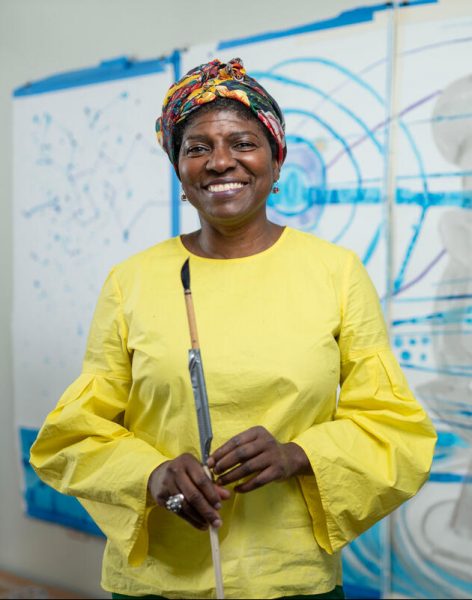
Museum of Modern Art in New York, the Indianapolis Museum of Art, the Peabody Essex Museum and the National Gallery of Canada.
Campos-Pons has participated in numerous biennials, such as the Venice Biennale, the Dakar Biennale, Johannesburg Biennale, documenta 14 and the Guangzhou Triennial and is included in Pacific Standard Time: LA/LA and Prospect.4 Triennial. Campos-Pons’ works are in more than 30 museum collections, including the Smithsonian Institution, the Whitney Museum of American Art, the Art Institute of Chicago, the National Gallery of Canada, the Victoria and Albert Museum, the Museum of Modern Art in New York, the Museum of Fine Arts Boston, the Perez Art Museum Miami and the Fogg Art Museum.
Major Jackson, Gertrude Conaway Vanderbilt Professor of English
Jackson is a distinguished poet and author who has written five books of poetry, including his latest work, The Absurd Man (2020). Among his other published works is “Leaving
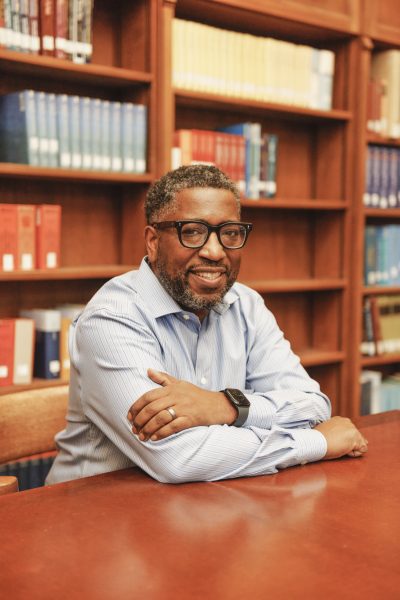
Saturn,” which was awarded the Cave Canem Poetry Prize. Jackson serves as the poetry editor of The Harvard Review, and he is the subject of A Beat Beyond: The Selected Prose of Major Jackson, edited by Amor Kohli.
Jackson has received numerous fellowships and awards from organizations including the Fine Arts Work Center in Provincetown, the Guggenheim Foundation, the National Endowment for the Arts and the Radcliffe Institute for Advanced Study at Harvard University. He has been honored with the Pushcart Prize, a Whiting Award and fellowships from the Pew Fellowship in the Arts and the Witter Bynner Foundation in collaboration with the Library of Congress.
Jackson’s writing has appeared in the American Poetry Review, The New Yorker, Orion Magazine, Paris Review, Ploughshares, Poetry, Poetry London and Zyzzva.
Dr. Kimryn Rathmell, Hugh. J. Morgan Professor of Medicine and chair of the Department of Medicine
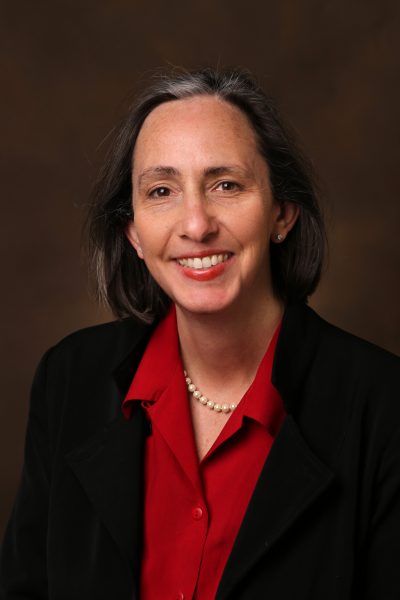
Rathmell is internationally recognized for her molecular biology research in the pathogenesis of kidney cancer, nationally funded
large-scale genomic studies of cancer and clinical investigations that have brought new biomarkers, imaging modalities and lifesaving therapies to patient care.
Elected to the National Academy of Medicine last year, Rathmell is highly regarded for her advocacy of physician-scientist training, for championing support of kidney cancer research and for the development of policies that address drug shortages and conflicts of interest in scientific publishing in equitable ways.
She served as president of the American Society for Clinical Investigation in 2019 and is a member of the Association of American Physicians and of the National Cancer Institute’s Board of Scientific Advisors.
Keivan Stassun, Stevenson Professor of Physics and professor of astronomy, computer science and management, director of the Frist Center for Autism and Innovation
Stassun’s research addresses questions related to the formation of stars and planetary systems. With the advent of all-sky surveys, large-format detectors and high-performance computers, his lab’s work increasingly involves approaches at the
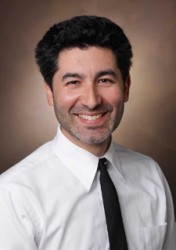
interface of astronomy, physics, computer science and informatics. Stassun is a key participant in international and large-scale collaborations, including the Sloan Digital Sky Survey and NASA’s Transiting Exoplanet Survey Satellite mission. In January 2023, President Joe Biden appointed Stassun to the National Science Board, and Stassun is a contributor to the Decadal Survey on Astronomy and Astrophysics 2020 (Astro2020)—a report that will influence U.S. research into outer space for at least the next decade.
Stassun is the founder of the Frist Center for Autism and Innovation, which focuses on advancing science and engineering through the contributions of neurodiverse individuals. Stassun has also served on various committees, including the National Science Foundation Committee for Equal Opportunity in Science and Engineering, and chaired the American Astronomical Society’s Committee on Minorities. He has been honored with several awards, including the American Physical Society’s Nicholson Medal for Human Outreach, the American Association for the Advancement of Science’s Mentor of the Year and a Presidential Award for Excellence in Science, Math and Engineering Mentoring. Additionally, Stassun has received an NSF CAREER award, a Cottrell Scholar Award and a Ford Foundation Diversity Fellowship from the National Academies.
Stassun joins the university’s first astronomer, Edward Barnard, who was elected in 1892, on the academy.
“With this fantastic news, the word is out: The influence of Vanderbilt’s stellar faculty reaches far and wide—and it will increasingly create new opportunities for discovery across our community,” Provost C. Cybele Raver said. “We are thrilled to congratulate our four faculty members on this prestigious achievement, and we are excited about their membership in the academy—including the impact it will have on their ongoing scholarship and the lasting benefits it will yield for society.”
